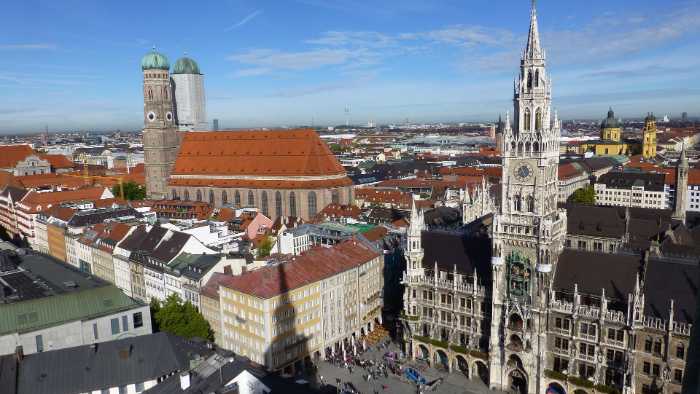
Munich
GermanyMunich, the capital of Bavaria, is one of Europe’s most captivating cities, where centuries of history blend seamlessly with modern vibrancy. Nestled on the banks of the River Isar and framed by the distant Bavarian Alps, Munich is far more than just the gateway to Oktoberfest. It is a city of grand squares, ornate palaces, leafy parks, and a welcoming culture that charms visitors from around the world. The city’s story begins in 1158, when it was officially founded by Henry the Lion, Duke of Saxony and Bavaria. Its name, derived from “Munichen,” meaning “by the monks,” reflects its origins near a Benedictine monastery. By the 14th century it had become a flourishing center of trade, and under the Wittelsbach dynasty it developed into a city of art and science. Splendid baroque churches, Rococo theaters, and neoclassical boulevards gave it an elegant appearance that still endures. Although Munich suffered heavy bombing during the Second World War, much of its historic core was painstakingly rebuilt, so today a walk through the Altstadt still feels like a journey into the past, with medieval gates, Renaissance courtyards, and the twin Gothic towers of the Frauenkirche shaping the skyline. Visitors are quickly struck by the city’s architectural beauty: the Neues Rathaus on Marienplatz with its famous Glockenspiel, the vast Residenz once home to Bavarian monarchs, and the baroque Nymphenburg Palace with its sweeping gardens. Culture thrives here as well. The Pinakotheken museums display treasures from Dürer and Rubens to Van Gogh and Picasso, while the Deutsches Museum, the world’s largest museum of science and technology, fascinates visitors of all ages. Music and performance also play a vital role, with the Bavarian State Opera continuing a long tradition of excellence. Munich is equally celebrated for its traditions and festivals. The world’s largest folk festival, Oktoberfest, draws millions every autumn to the Theresienwiese, but Bavarian hospitality can be found year-round in countless beer gardens. Legendary spots such as the Hofbräuhaus or the leafy Augustiner-Keller invite guests to share long tables, enjoy hearty food, and raise a stein of locally brewed beer. Despite its urban character, Munich is a remarkably green city. The English Garden, larger even than New York’s Central Park, offers space for strolls, picnics, and even surfing on the Eisbach wave, while riverside paths along the Isar are beloved by walkers and cyclists. Munich also serves as a gateway to the Bavarian Alps, with fairy-tale castles like Neuschwanstein, serene alpine lakes, and winter ski resorts all within easy reach. What makes Munich so distinctive is the way it combines tradition and innovation. It is a place where one can sip beer under chestnut trees in the afternoon and attend a cutting-edge art exhibition in the evening. Locals embody the idea of “Gemütlichkeit,” a uniquely German sense of warmth, friendliness, and enjoyment of life’s simple pleasures. For travelers, Munich is a city that offers something for everyone: history, art, nature, festivals, and a spirit that lingers long after the visit. More than the cultural heart of Bavaria, it is a city where past and present embrace, inviting every guest to discover their own story in this remarkable place.
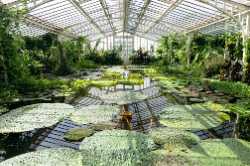 Botanical Garden Munich-Nymphenburg
Botanical Garden
Botanical Garden Munich-Nymphenburg
Botanical Garden
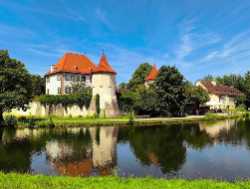 Schloss Blutenburg
Castle
Schloss Blutenburg
Castle
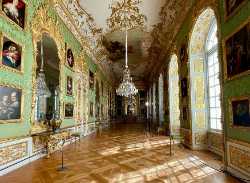 Munich Residence
Castle
Munich Residence
Castle
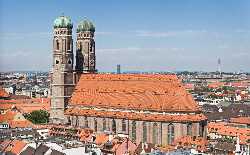 Frauenkirche
Cathedral
Frauenkirche
Cathedral
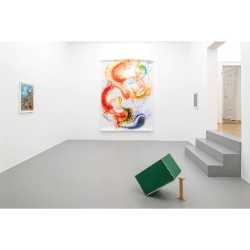 Galerie Christine Mayer
Gallery
Galerie Christine Mayer
Gallery
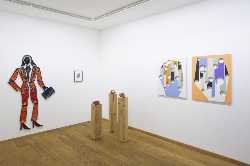 JO VAN DE LOO
Gallery
JO VAN DE LOO
Gallery
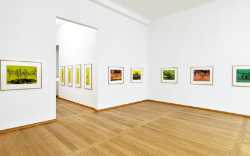 Galerie Sabine Knust
Gallery
Galerie Sabine Knust
Gallery
 Galerie Rottmann Fünf
Gallery
Galerie Rottmann Fünf
Gallery
 Gudrun Spielvogel Galerie & Edition
Gallery
Gudrun Spielvogel Galerie & Edition
Gallery
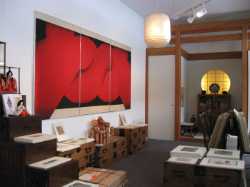 Galerie am Haus der Kunst
Gallery
Galerie am Haus der Kunst
Gallery
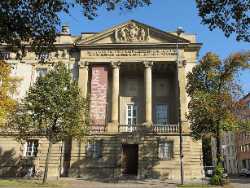 Schack-Galerie
Gallery
Schack-Galerie
Gallery
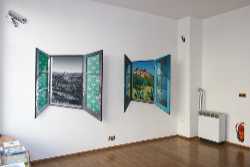 Galerie Michael Heufelder
Gallery
Galerie Michael Heufelder
Gallery
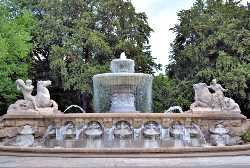 Wittelsbacher Fountain
Historical Landmark
Wittelsbacher Fountain
Historical Landmark
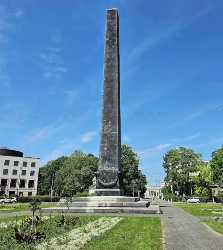 Obelisk on Karolinenplatz
Historical Landmark
Obelisk on Karolinenplatz
Historical Landmark
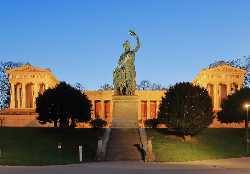 Bavaria Statue
Historical Landmark
Bavaria Statue
Historical Landmark
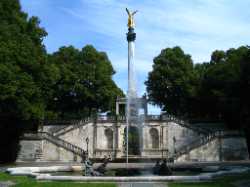 Angel of Peace
Historical Landmark
Angel of Peace
Historical Landmark
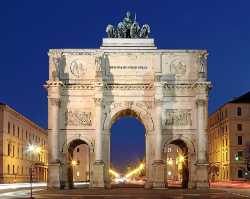 Siegestor
Historical Landmark
Siegestor
Historical Landmark
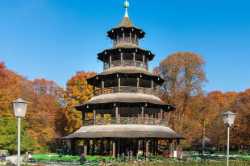 Chinesischer Turm
Landmark
Chinesischer Turm
Landmark
 Schwabinger Hofflohmärkte
Market
Schwabinger Hofflohmärkte
Market
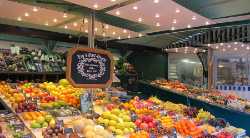 Viktualienmarkt
Market
Viktualienmarkt
Market
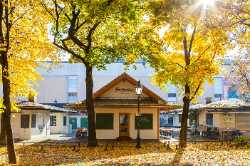 Elisabethmarkt
Market
Elisabethmarkt
Market
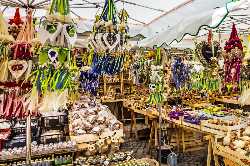 Bauernmarkt am Josephsplatz
Market
Bauernmarkt am Josephsplatz
Market
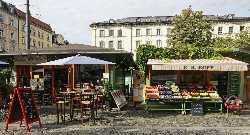 Wiener Markt
Market
Wiener Markt
Market
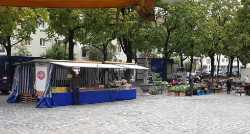 Bauernmarkt am Mariahilfplatz
Market
Bauernmarkt am Mariahilfplatz
Market
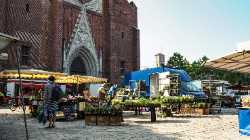 Wochenmarkt Au
Market
Wochenmarkt Au
Market
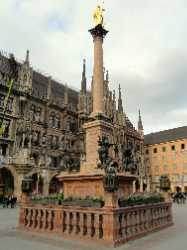 Mariensäule
Monument
Mariensäule
Monument
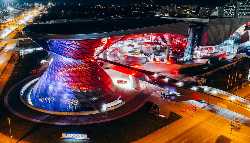 BMW Welt
Museum
BMW Welt
Museum
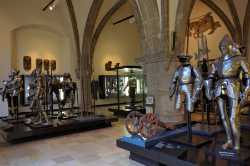 Bayerisches Nationalmuseum
Museum
Bayerisches Nationalmuseum
Museum
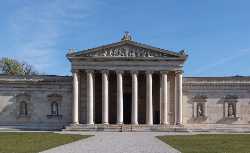 Glyptothek
Museum
Glyptothek
Museum
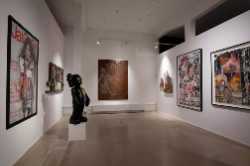 MUCA – Museum of Urban and Contemporary Art
Museum
MUCA – Museum of Urban and Contemporary Art
Museum
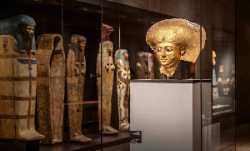 Staatliche Sammlung Ägyptischer Kunst
Museum
Staatliche Sammlung Ägyptischer Kunst
Museum
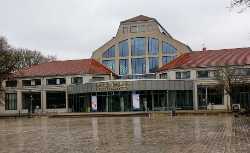 Deutsches Museum Verkehrszentrum
Museum
Deutsches Museum Verkehrszentrum
Museum
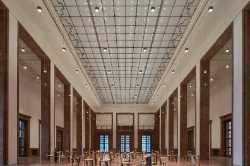 Haus der Kunst
Museum
Haus der Kunst
Museum
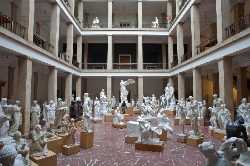 Museum der Gipsabgüsse klassischer Bildwerke
Museum
Museum der Gipsabgüsse klassischer Bildwerke
Museum
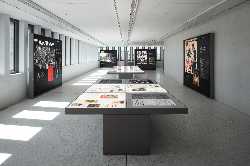 NS-Dokumentationszentrum München
Museum
NS-Dokumentationszentrum München
Museum
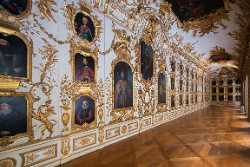 Residenzmuseum
Museum
Residenzmuseum
Museum
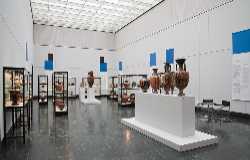 Staatliche Antikensammlungen
Museum
Staatliche Antikensammlungen
Museum
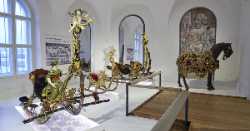 Marstallmuseum
Museum
Marstallmuseum
Museum
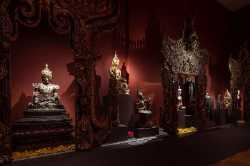 Museum Fünf Kontinente
Museum
Museum Fünf Kontinente
Museum
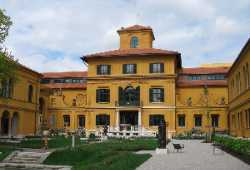 Lenbachhaus
Museum
Lenbachhaus
Museum
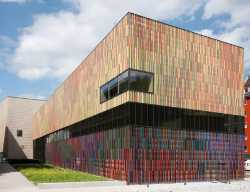 Museum Brandhorst
Museum
Museum Brandhorst
Museum
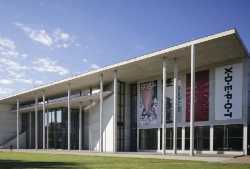 Pinakothek der Moderne
Museum
Pinakothek der Moderne
Museum
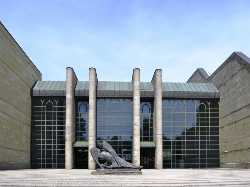 Neue Pinakothek
Museum
Neue Pinakothek
Museum
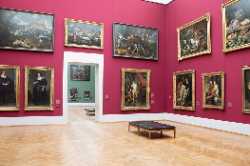 Alte Pinakothek
Museum
Alte Pinakothek
Museum
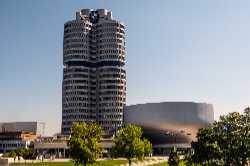 BMW Museum
Museum
BMW Museum
Museum
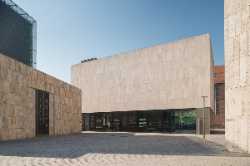 Jüdisches Museum München
Museum
Jüdisches Museum München
Museum
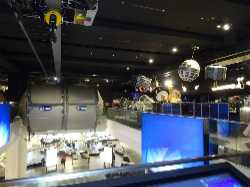 Deutsches Museum
Museum
Deutsches Museum
Museum
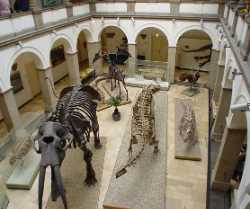 Paläontologisches Museum München
Museum
Paläontologisches Museum München
Museum
 Bayerische Volkssternwarte München
Observatory
Bayerische Volkssternwarte München
Observatory
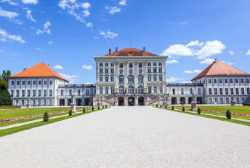 Nymphenburg Palace
Palace
Nymphenburg Palace
Palace
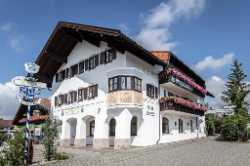 Alter Hof
Palace
Alter Hof
Palace
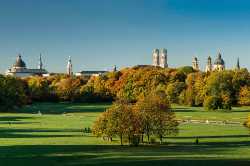 Englischer Garten
Park
Englischer Garten
Park
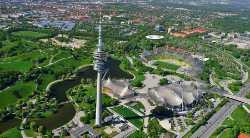 Olympiapark
Park
Olympiapark
Park
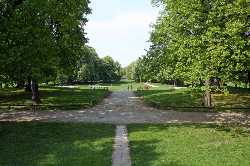 Luitpoldpark
Park
Luitpoldpark
Park
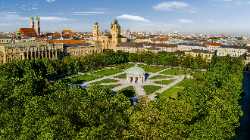 Hofgarten
Park
Hofgarten
Park
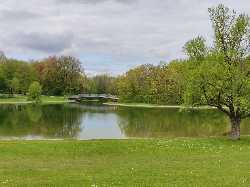 Ostpark
Park
Ostpark
Park
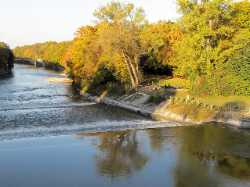 Maximiliansanlagen
Park
Maximiliansanlagen
Park
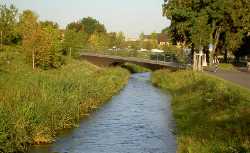 Petuelpark
Park
Petuelpark
Park
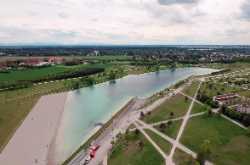 Riemer Park
Park
Riemer Park
Park
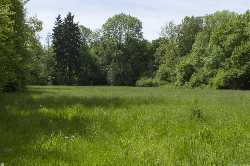 Südpark
Park
Südpark
Park
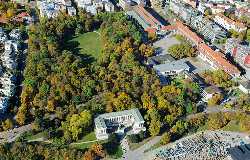 Bavariapark
Park
Bavariapark
Park
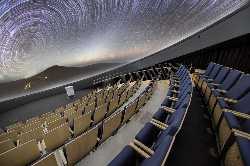 ESO Supernova Planetarium
Planetarium
ESO Supernova Planetarium
Planetarium
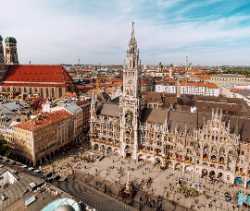 Marienplatz
Square
Marienplatz
Square
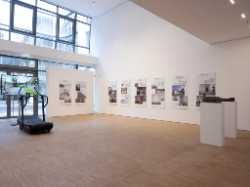 Kunstraum München
Theatre
Kunstraum München
Theatre
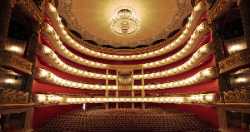 Munich National Theatre
Theatre
Munich National Theatre
Theatre
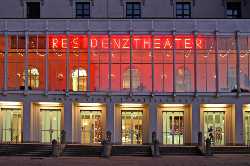 Bayerisches Staatsschauspiel
Theatre
Bayerisches Staatsschauspiel
Theatre
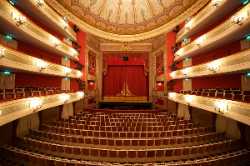 Staatstheater am Gärtnerplatz
Theatre
Staatstheater am Gärtnerplatz
Theatre
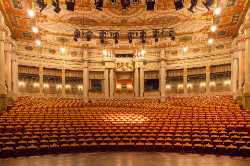 Prinzregententheater
Theatre
Prinzregententheater
Theatre
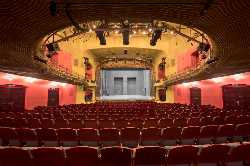 Münchner Kammerspiele
Theatre
Münchner Kammerspiele
Theatre
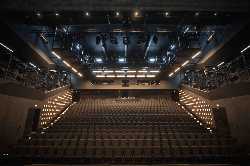 Münchner Volkstheater
Theatre
Münchner Volkstheater
Theatre
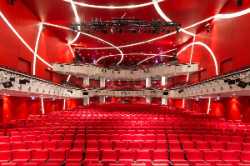 Deutsches Theater
Theatre
Deutsches Theater
Theatre
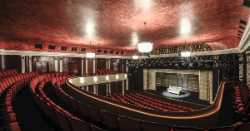 Komödie im Bayerischen Hof
Theatre
Komödie im Bayerischen Hof
Theatre
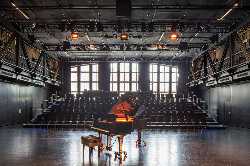 Akademietheater
Theatre
Akademietheater
Theatre
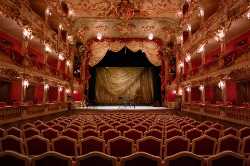 Cuvilliés Theatre
Theatre
Cuvilliés Theatre
Theatre
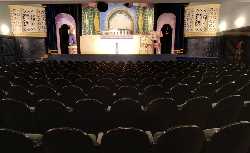 Münchner Theater für Kinder
Theatre
Münchner Theater für Kinder
Theatre